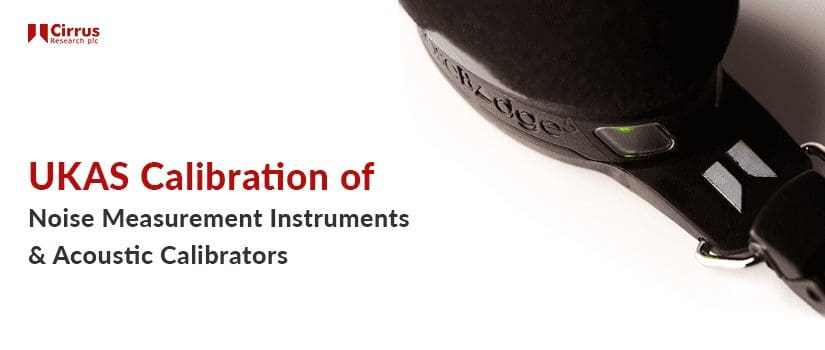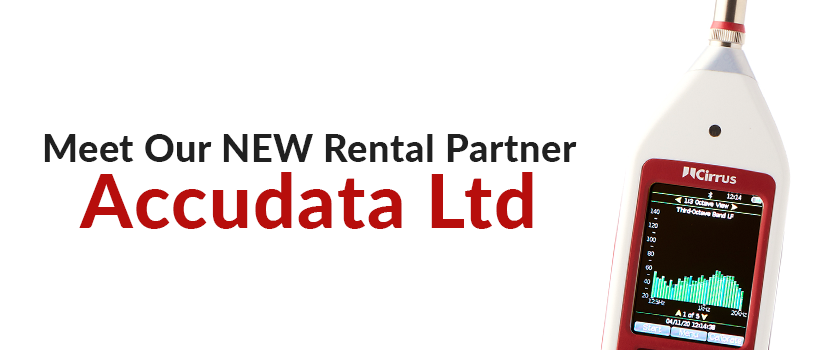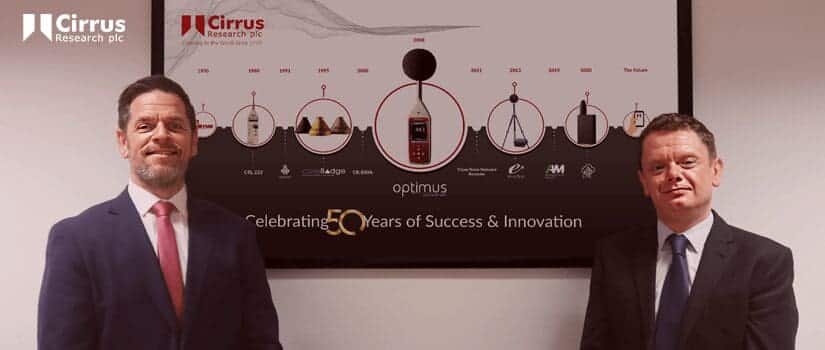Before you send your instrument for calibration, check the following. Any test or calibration laboratory must be able to give you this information. Without it, you should question if they are capable of calibrating your instrument correctly.
1. Are you sending your instrument to the original manufacturer?
If not, and you are using an independent test laboratory, do they have all of the test information from the manufacturer?
This includes free field-to-pressure corrections for the microphone, calibration procedures for the specific instrument, how to make adjustments or corrections if these are required, any software required to communicate with and test the instrument.
2. Against what standards will your instrument be tested?
The standards to which the instrument was designed may specify the minimum set of tests that should be carried out. The Certificate of Calibration should state what tests have been carried out along with any standards to which these relate, ie IEC 61672-2002.
3. Will the calibration be sub-contracted to a third party?
If so, make sure that the third party can provide all of the above information.
4. Ensure that you provide paperwork with your instrument
Please make sure that your contact details and any comments are clearly stated.
To find out more about calibration of our noise measurement instruments and why calibration is important, contact us.



